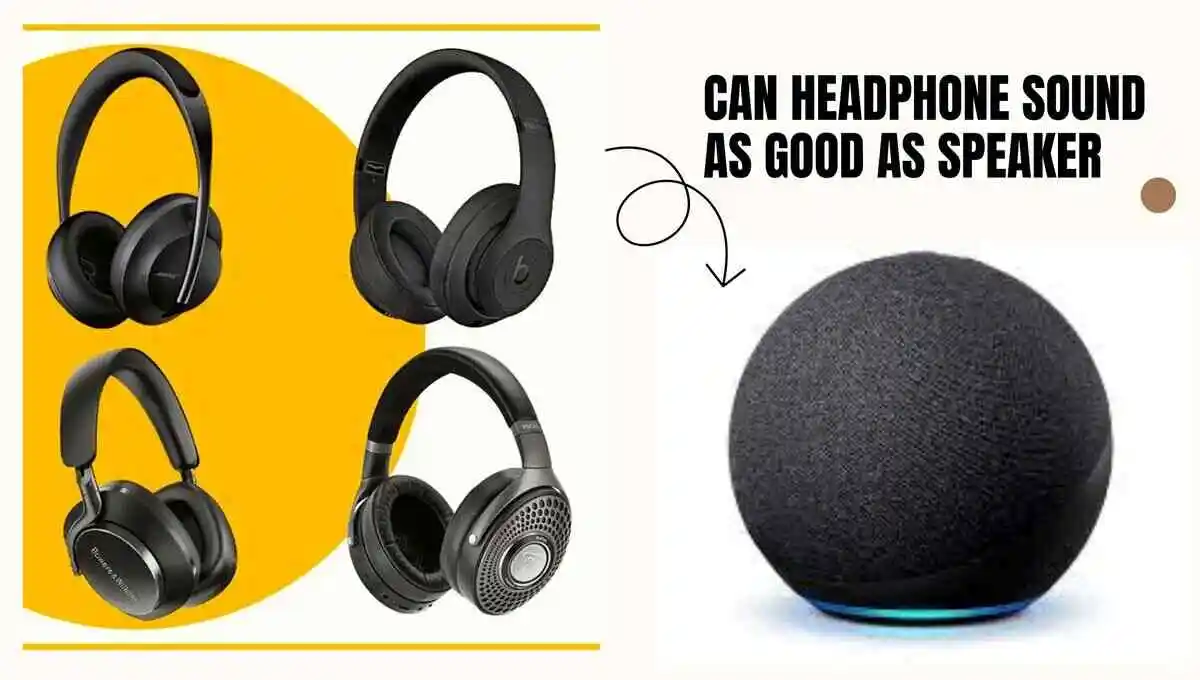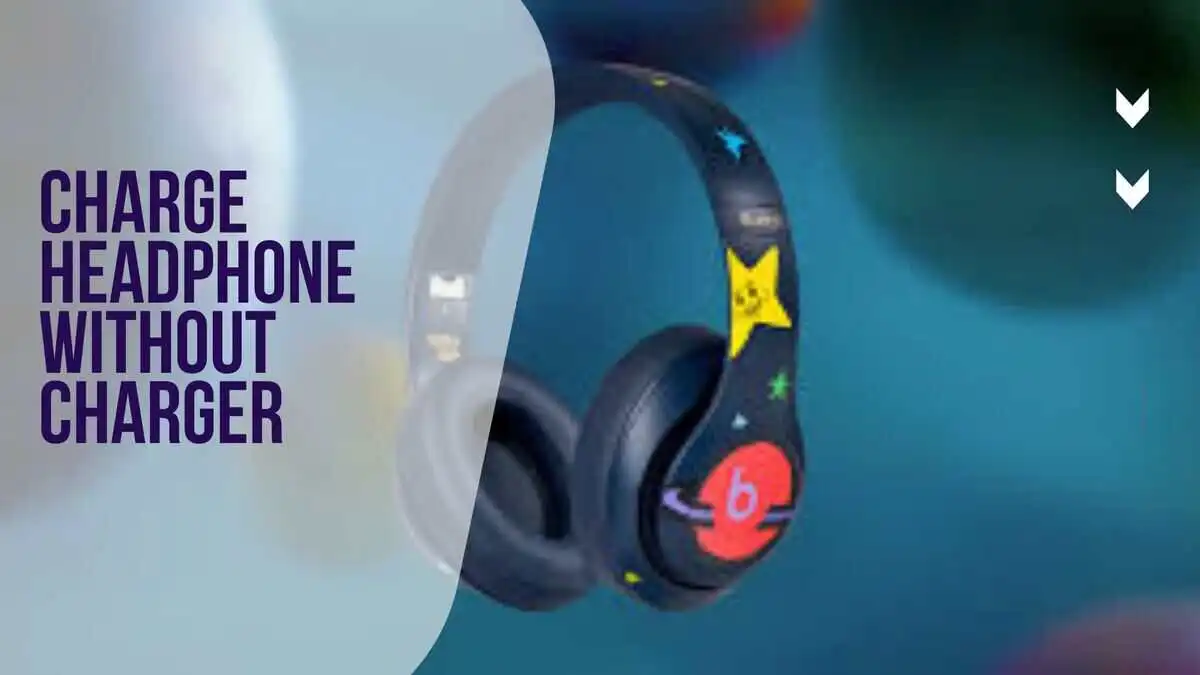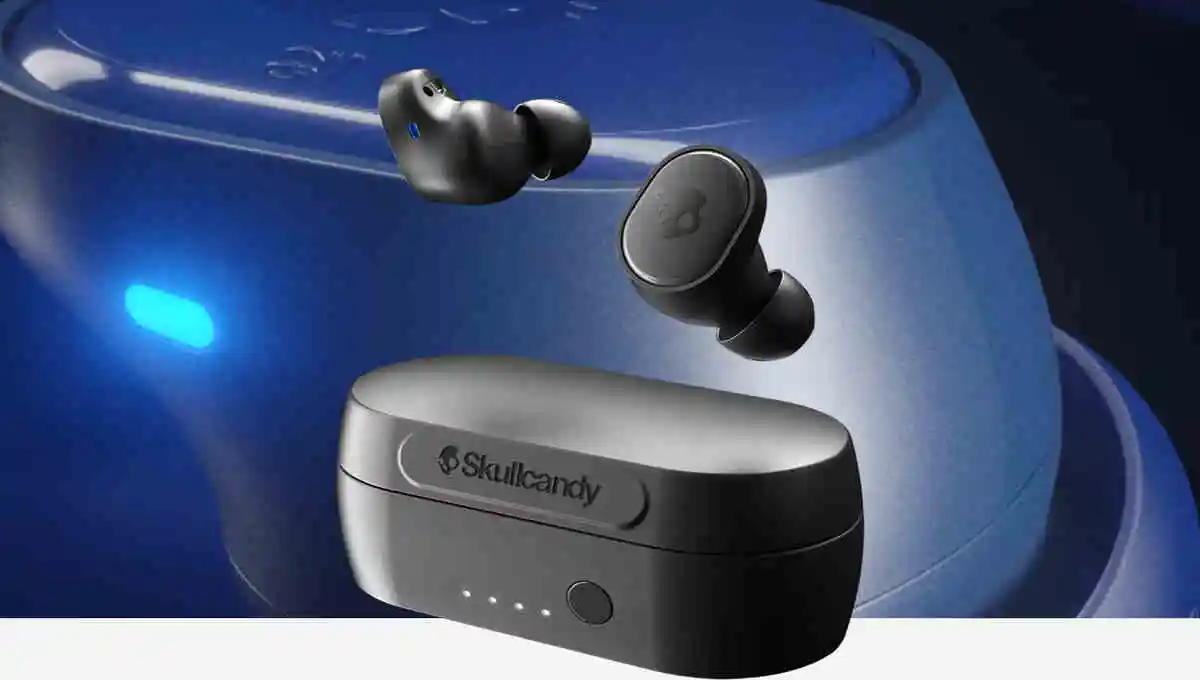With the advancement of technology, the audio landscape has undergone significant changes. Traditionally, speakers have been the go-to choice for listening to music or watching movies, but in recent years, headphones have gained immense popularity. So many wonder, Can Headphones Sound as Good as Speakers.
This article aims to explore whether headphones can deliver a sound quality comparable to that of speakers. we will also see Headphone Vs. Speakers.
Understanding Sound Quality:
Before comparing headphones and speakers, it’s important to understand the fundamentals of sound reproduction and the factors that influence sound quality.
Sound Reproduction:
Sound reproduction involves capturing, processing, and delivering audio signals in a way that closely resembles the original sound source.
Both headphones and speakers aim to faithfully reproduce audio, but they employ different mechanisms to achieve this.
Factors Affecting Sound Quality:
Several factors contribute to sound quality, including frequency response, soundstage and imaging, dynamic range, and distortion. These factors play a significant role in determining the overall audio experience.
Can Headphones Sound as Good as Speakers:
Yes, headphones can sound as good as speakers, offering high-quality audio reproduction with advancements in technology, driver design, and sound engineering.
How To Make Headphone Sound as Good as Speaker:
To make headphones sound as good as speakers, you can follow these steps:
Invest in High-Quality Headphones: Choose headphones that are known for their superior sound quality and accurate audio reproduction. Look for models with high-quality drivers, frequency response, and impedance.
Consider Open-Back Headphones: Open-back headphones allow for a more natural and spacious soundstage, similar to speakers. They provide better sound dispersion and a more immersive listening experience.
Use a Headphone Amplifier: A dedicated headphone amplifier can significantly enhance the audio quality of your headphones. It provides more power and better control, resulting in improved dynamics, clarity, and overall sound performance.
Optimize Audio Sources: Use high-quality audio files or lossless formats to ensure the best possible source material for your headphones. Avoid low-bitrate or compressed audio files that may compromise sound quality.
Utilize Equalization (EQ): Experiment with equalizer settings to tailor the sound to your preferences and optimize the headphone’s frequency response. This can help compensate for any potential audio imbalances and enhance certain frequency ranges.
Consider Virtual Surround Sound: Some headphones feature virtual surround sound technologies that simulate a more spacious audio environment. This can enhance the immersion and create a more speaker-like experience.
Pay Attention to Headphone Placement: Proper placement and positioning of the headphones on your ears can affect sound quality. Adjust them to ensure a comfortable and optimal fit, allowing for proper sound isolation and accurate audio delivery.
Use High-Quality Audio Cables: If your headphones have detachable cables, consider investing in high-quality, shielded cables to minimize interference and improve signal transmission, resulting in better sound quality.
Ensure a Clean Audio Signal Path: Avoid introducing unnecessary interference or distortion by using quality audio sources, avoiding excessive signal processing, and keeping your audio equipment and connections clean and well-maintained.
Headphones: A Convenient Audio Solution:
Headphones have become increasingly popular due to their convenience and versatility. They offer several advantages over traditional speakers.
Advantages of Headphones:
Immersive Listening: Headphones can provide a more intimate listening experience by creating a direct sound path from the audio source to the ears.
Noise Isolation: Closed-back headphones can effectively isolate external noise, allowing users to focus on their audio without distractions.
Portability: Headphones are lightweight and portable, making them ideal for on-the-go use and travel.
Privacy: Using headphones allows individuals to enjoy their audio content without disturbing others nearby.
Speakers: A Traditional Audio Solution:
Speakers have long been the standard for audio playback in home entertainment systems, movie theaters, and live performances. They provide a unique listening experience that cannot be easily replicated by headphones.
Advantages of Speakers:
Soundstage: Speakers provide a wider soundstage, creating a more immersive audio experience. The sound is dispersed throughout the room, giving a sense of spaciousness and depth.
Physical Presence: Speakers have a physical presence that can enhance the overall audio experience. The tangible presence of speakers adds a dynamic element, making the sound feel more realistic and engaging.
Shared Listening Experience: Speakers allow for shared listening experiences, making them ideal for gatherings, parties, or enjoying movies and music with friends and family. They can fill a room with sound, creating a social and enjoyable atmosphere.
Bass Performance: Due to their larger drivers and enclosure design, speakers often deliver more impactful bass compared to headphones. They can reproduce low-frequency sounds with greater depth and intensity, adding richness to the audio experience.
Room Filling Sound: Speakers can project sound throughout a room, enveloping the listener in a three-dimensional audio environment. This immersive quality is particularly beneficial for movies, games, and live performances.
Less Fatigue: Extended headphone use can sometimes cause listening fatigue due to the direct sound delivery to the ears. With speakers, the sound is dispersed, reducing the strain on the ears and allowing for more extended listening sessions without discomfort.
Freedom of Movement: Unlike headphones, speakers offer the freedom to move around while still enjoying audio. This is especially advantageous in situations where you need to be aware of your surroundings or perform other tasks while listening.
Customization Options: Speakers provide flexibility in terms of setup and customization. You can choose from different types of speakers, positioning options, and audio configurations to suit your preferences and the characteristics of your listening space.
Power and Performance: Speakers have the advantage of dedicated power amplifiers, enabling them to deliver higher volume levels and greater overall power. This makes them suitable for large rooms or venues where higher sound output is required.
Integration with Home Theater Systems: Speakers are an integral part of home theater setups, delivering immersive audio for a cinematic experience. They can be integrated with other audio-visual components to create a comprehensive and captivating entertainment system.
Conclusion:
In conclusion, while headphones have made significant advancements in delivering high-quality sound, they may not completely match the overall audio experience provided by speakers.
Factors such as soundstage, bass performance, and personal preferences play a crucial role in choosing between the two.
Ultimately, the decision between headphones and speakers depends on individual needs, listening preferences, and the intended listening environment.







![Are Skullcandy Headphones Waterproof [Water-Test]](/uploads/are-skullcany-headphones-water-proof.webp)